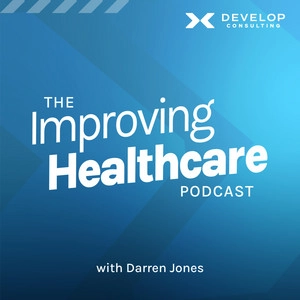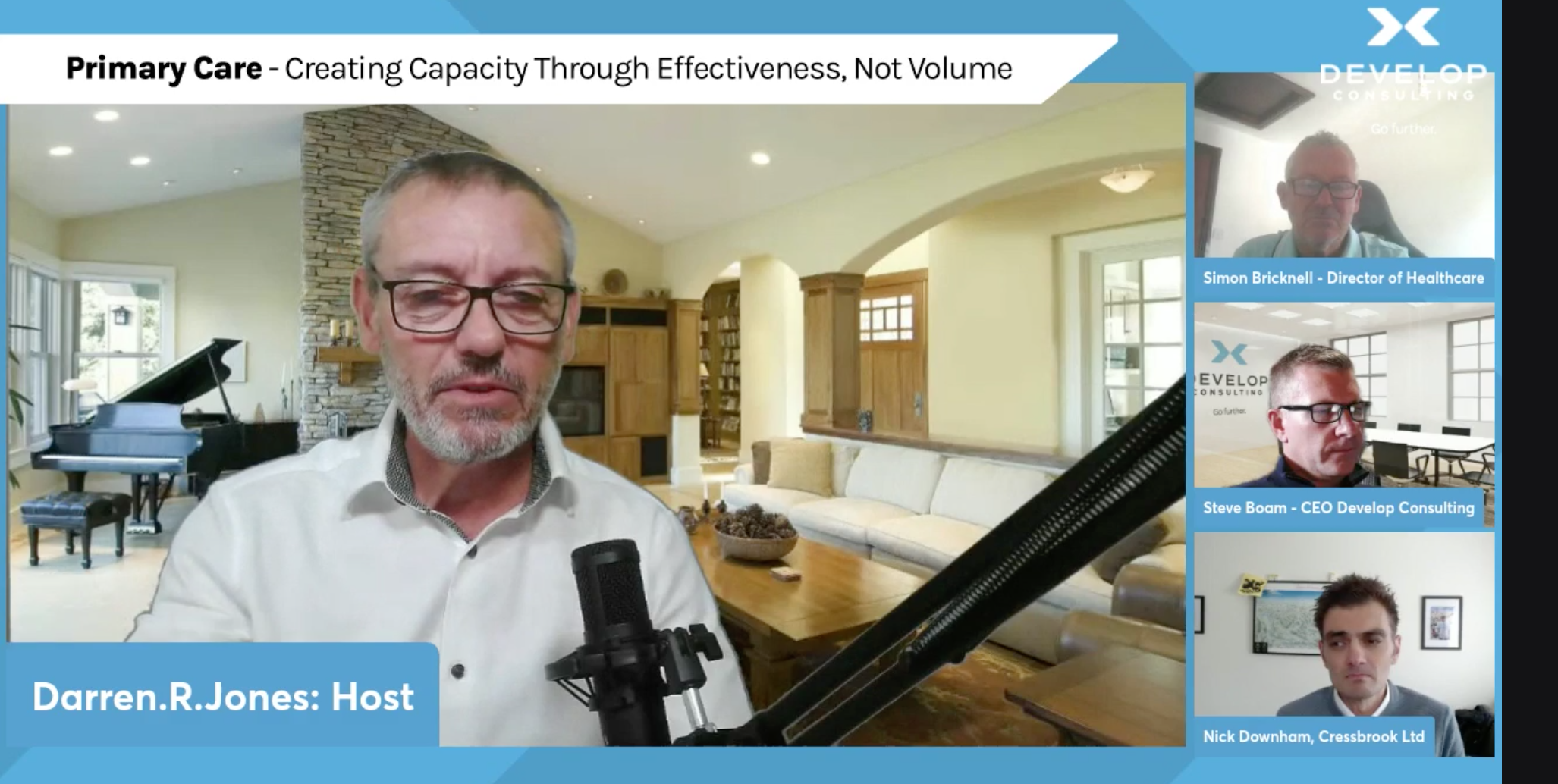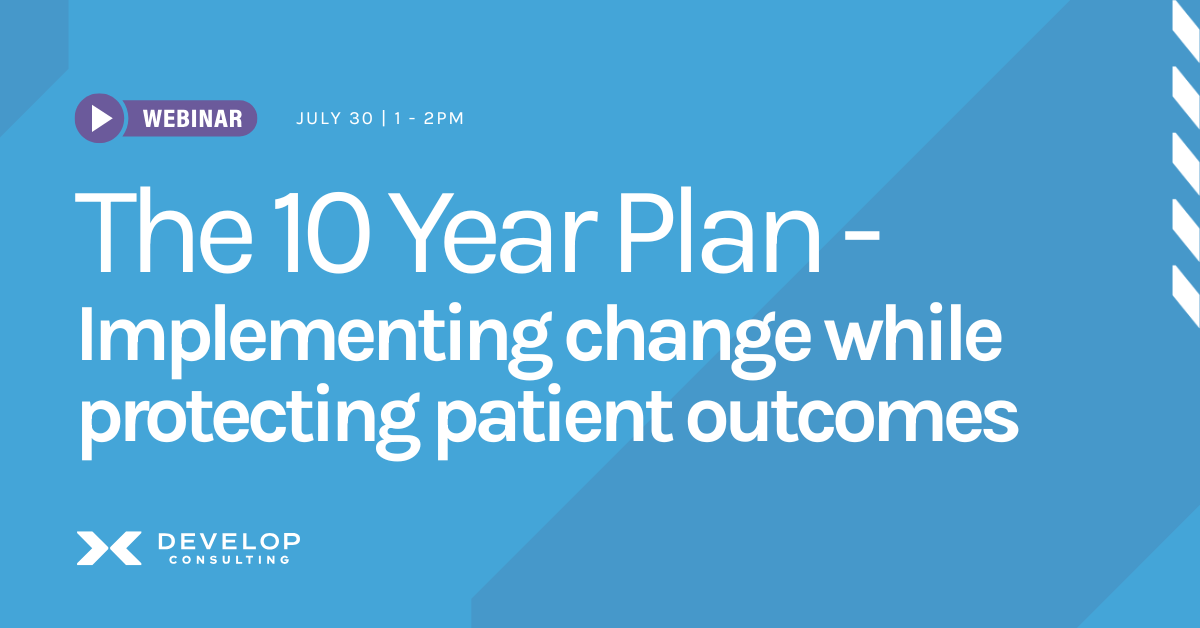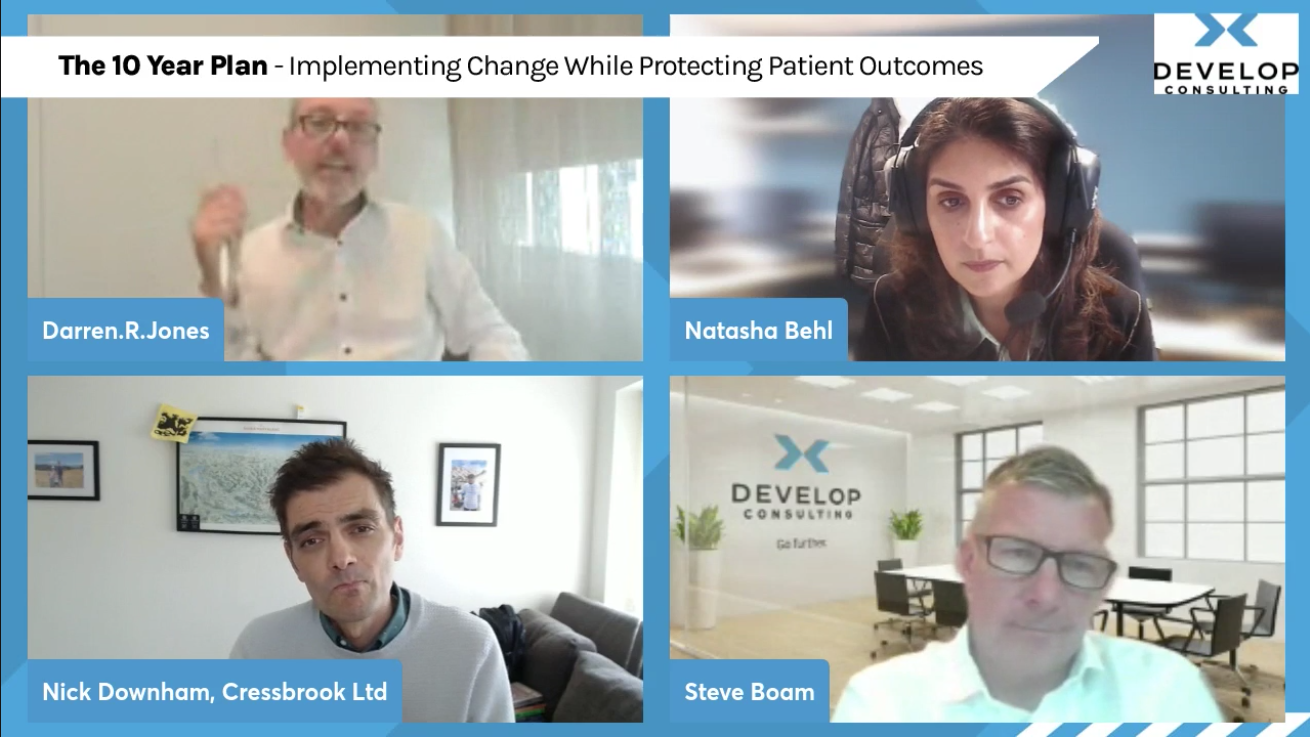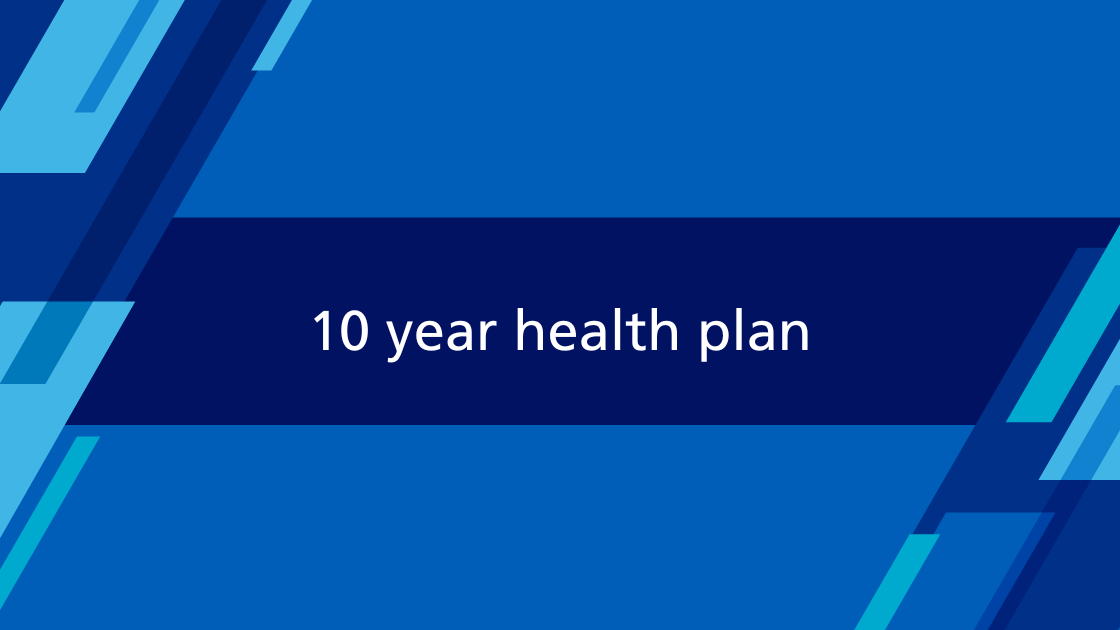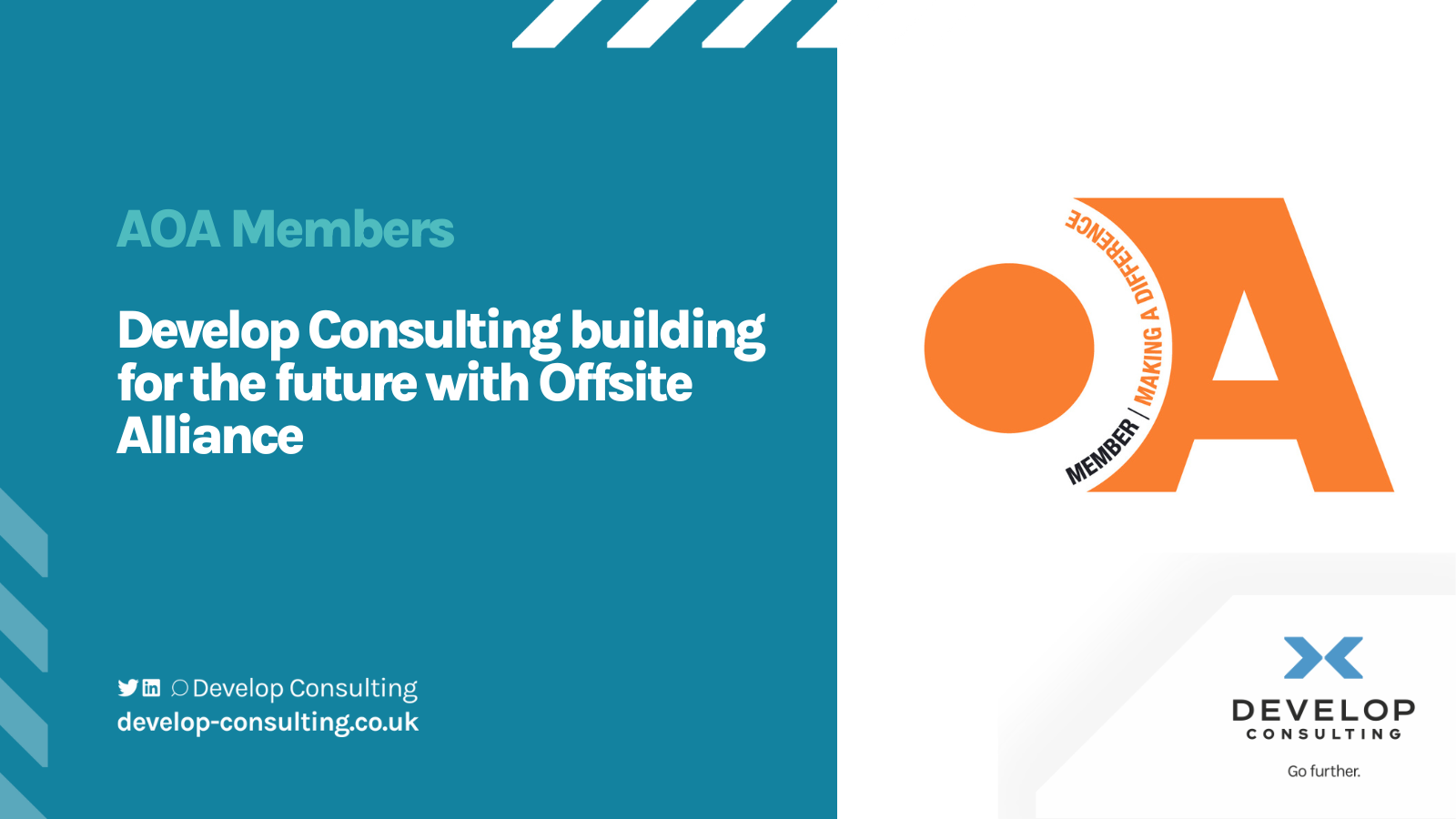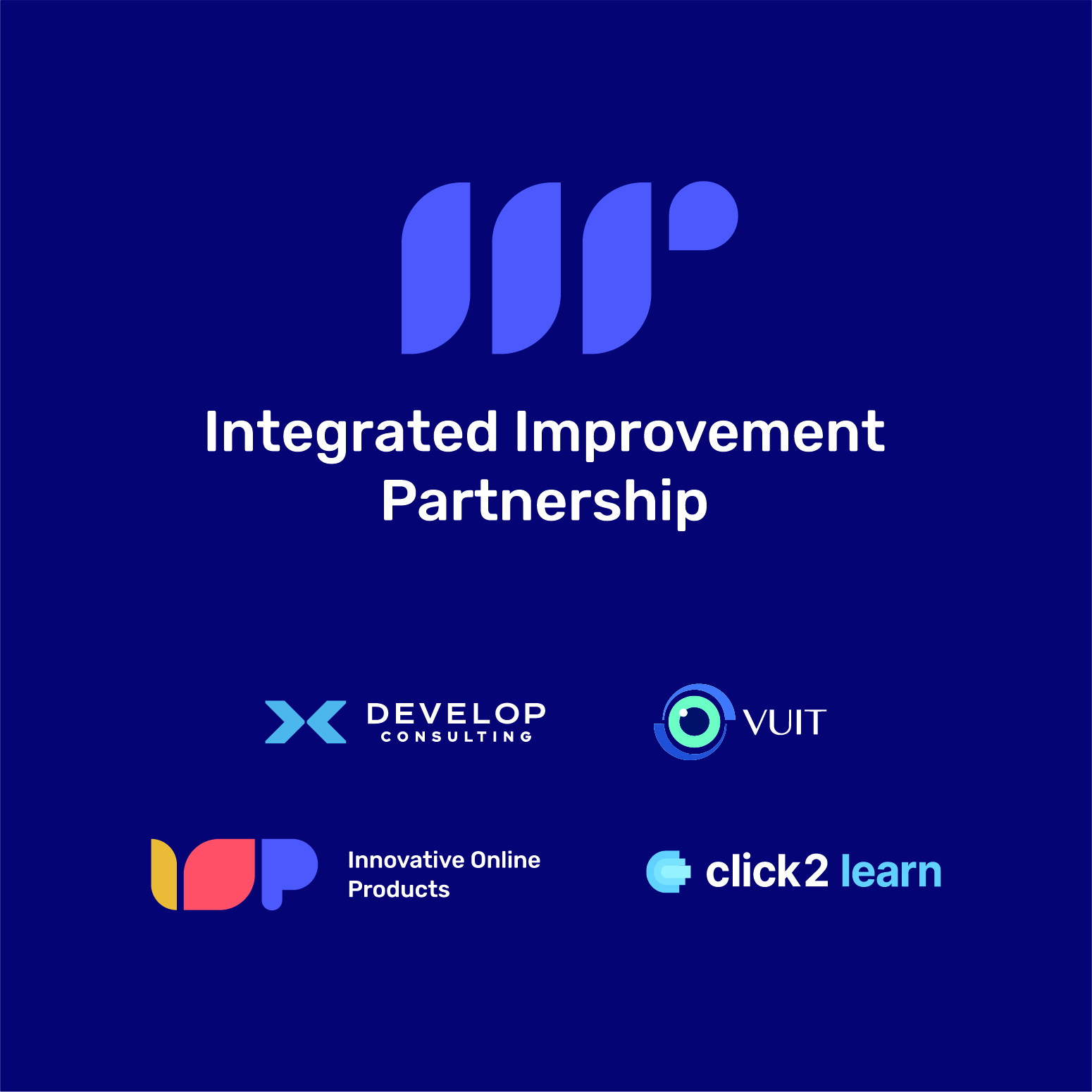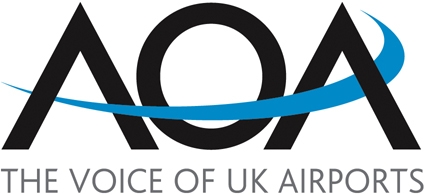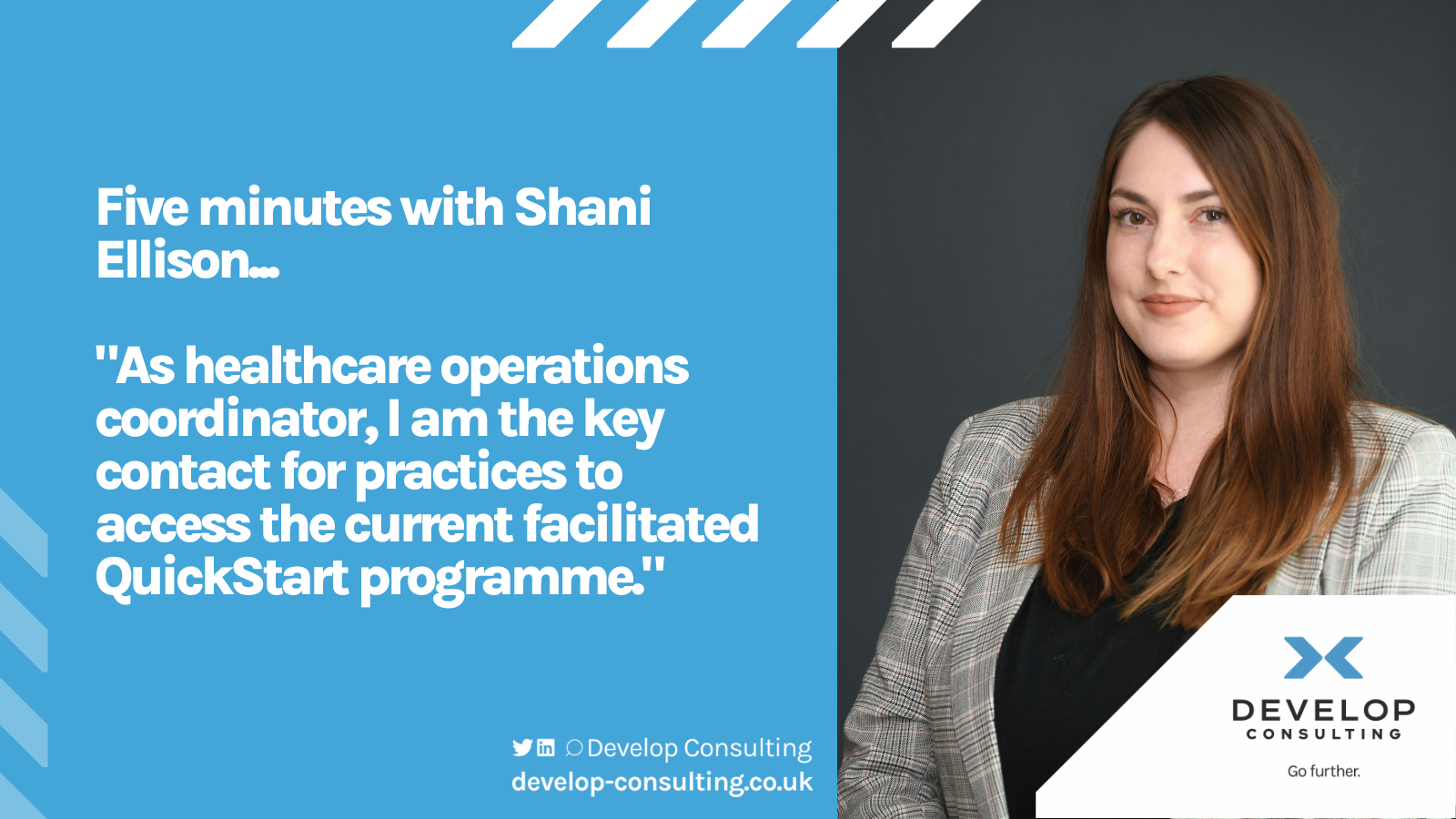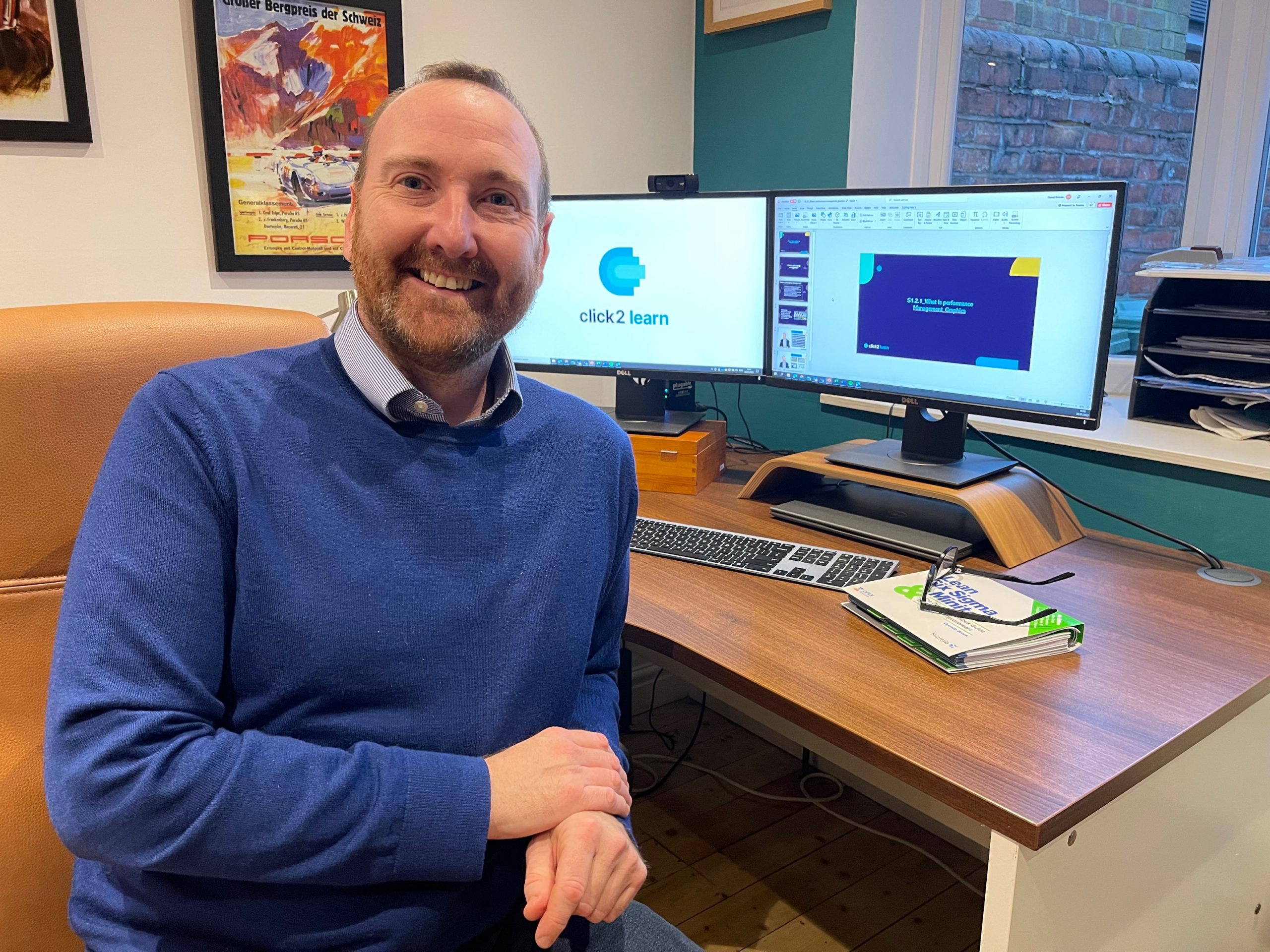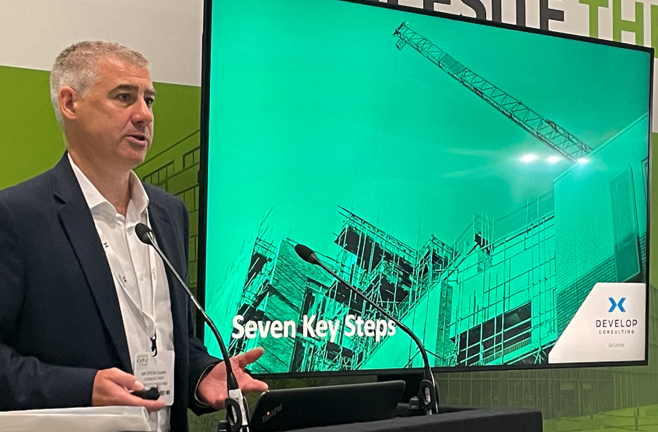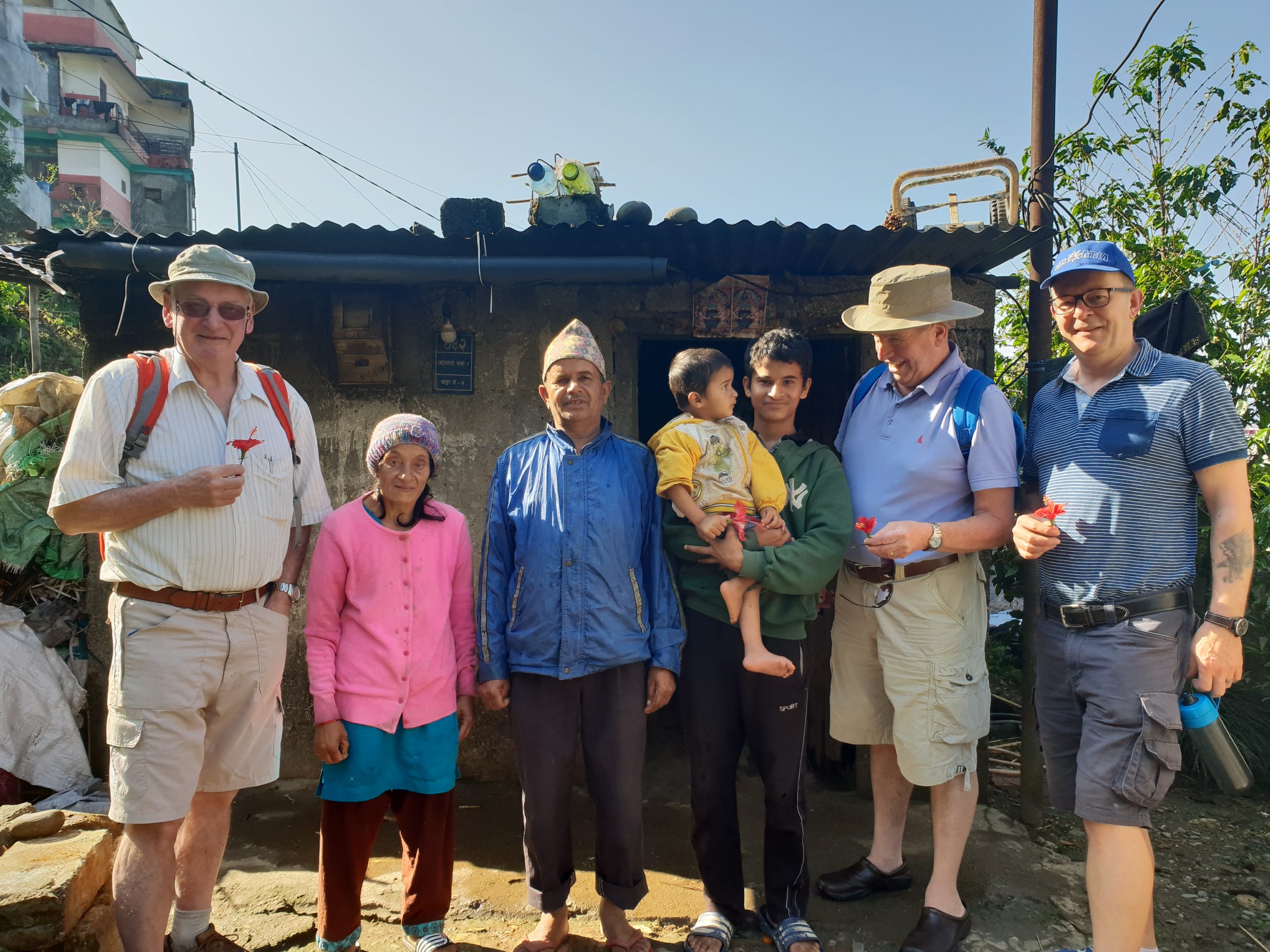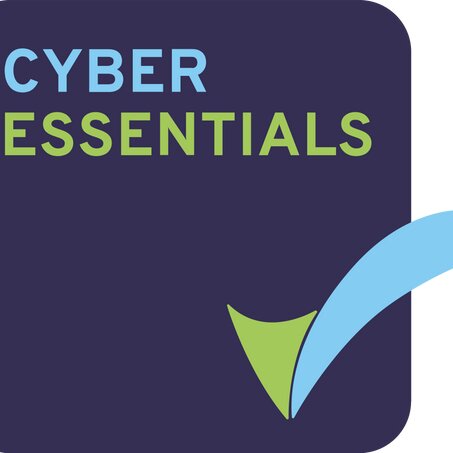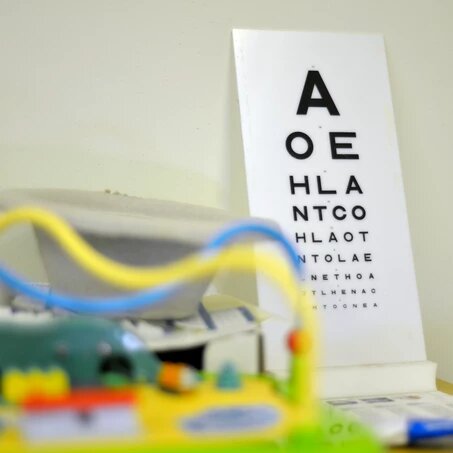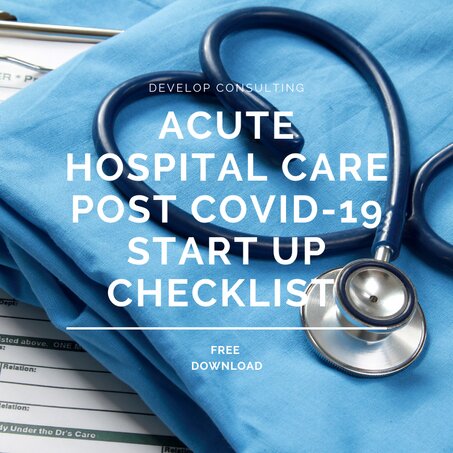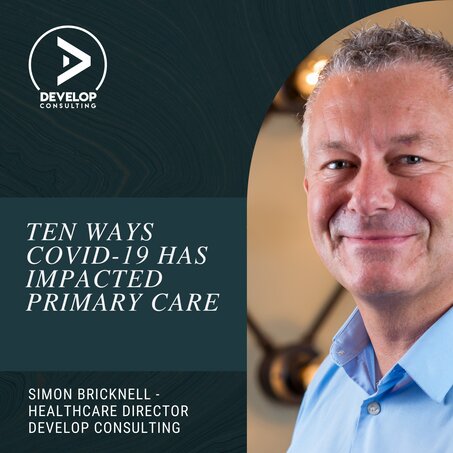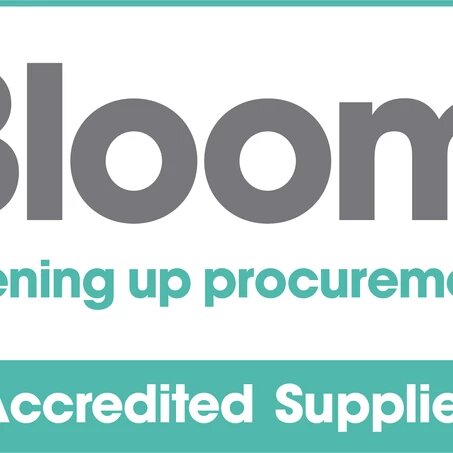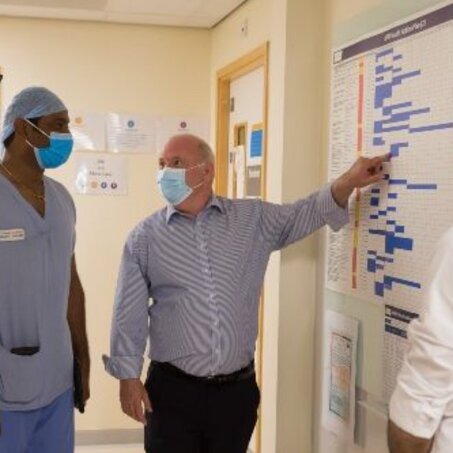From the start of October 2025, online consultation tools must remain open during all core hours (8am-6.30pm), with practices required to respond within 48 hours.
This represents a significant operational change for most GP practices.
Currently, many practices open online consultations at the start of the day and close them once they reach capacity, typically within a few hours. This approach will no longer meet regulatory requirements. The new legislation mandates consistent availability throughout core hours, regardless of submission volume.
This creates operational challenges. Practices are already managing high demand through telephone and walk-in appointments. The prospect of maintaining open digital channels throughout the day, with guaranteed response times, raises legitimate concerns about workload and resource allocation.
However, our experience supporting practice improvement across numerous healthcare settings suggests this regulatory change could drive operational improvements rather than simply increasing workload. When online consultation processes are properly designed and implemented, practices can see reduced overall workload whilst improving patient access.
The key difference lies in process design. Many current online consultation challenges stem from ineffective workflows rather than technology limitations. Common issues include questions that don’t gather sufficient information for clinical decision-making, resulting in multiple back-and-forth interactions. Additionally, unclear triage processes often default everything to GP review, regardless of clinical complexity or urgency.
Our approach addresses these process issues systematically. We start with baseline assessment to understand current performance and identify specific bottlenecks. Process mapping reveals actual workflows rather than assumed processes. Data analysis identifies opportunities for improvement, such as appropriate skill mix utilisation or streamlined response pathways. Action planning prioritises changes based on impact and feasibility. Implementation support ensures changes are embedded effectively, with knowledge transfer to practice teams. Finally, we establish metrics to measure and sustain improvements.
Starting this September, we’re supporting practices through this process. These practices have been identified as needing support with online consultation implementation ahead of the October deadline. We’ll be documenting their progress and sharing lessons learned.
The October requirement isn’t optional, but how practices meet it can vary significantly. Those who approach this strategically, with proper process design and implementation support, are likely to see operational benefits beyond simple compliance. Practices that rely on ad-hoc approaches may find themselves overwhelmed when the deadline arrives.
For practice managers, ICB leads, and GP partners considering their October readiness, the focus should be on sustainable process improvement rather than short-term compliance measures. The regulatory change is driving necessary evolution in how practices manage patient access across multiple channels.
The practices we’re working with are building capability for effective digital patient management. Their experience will provide valuable insights for other practices facing the same challenges.
For more details, visit this link: https://develop-consulting.co.uk/online-consultation-support-programme/


